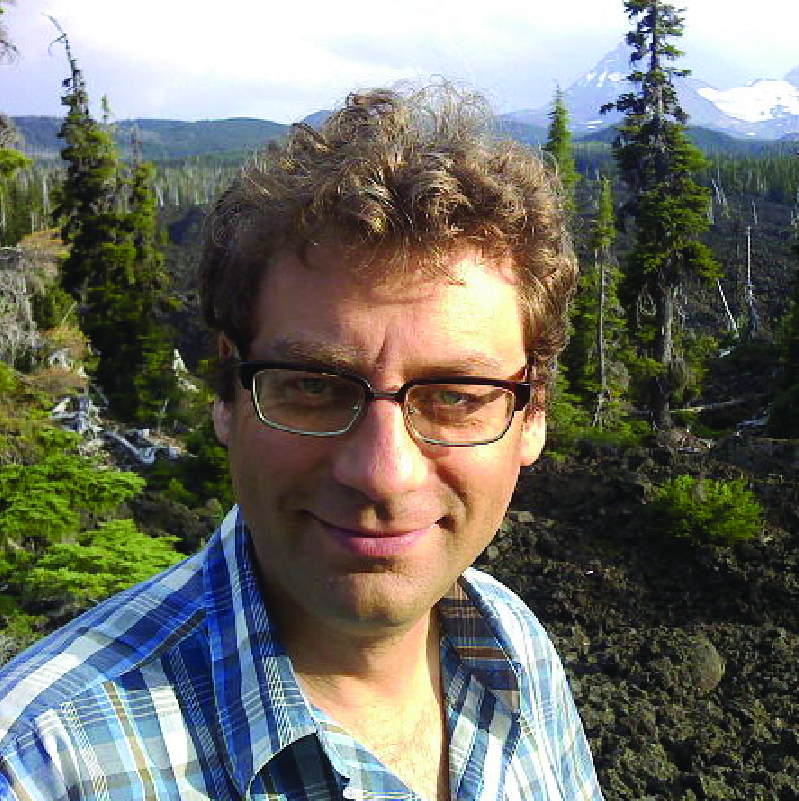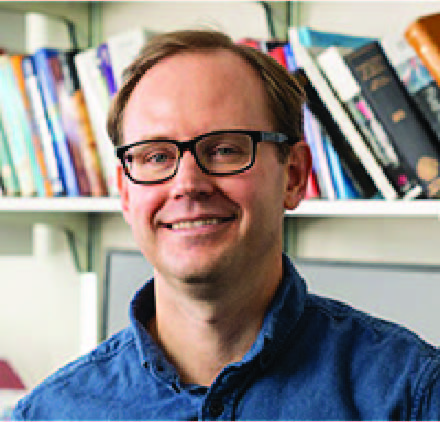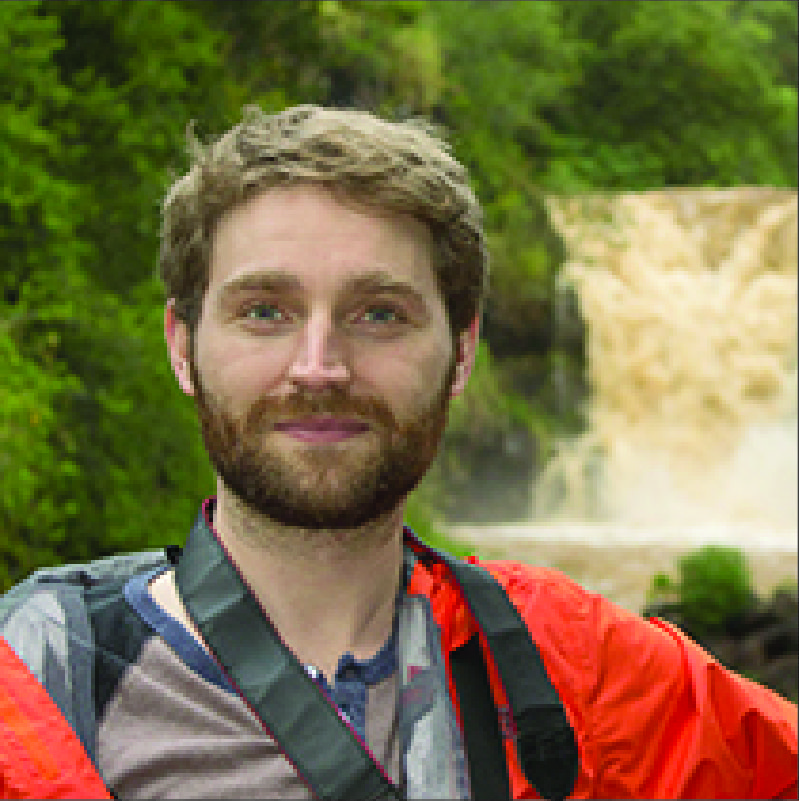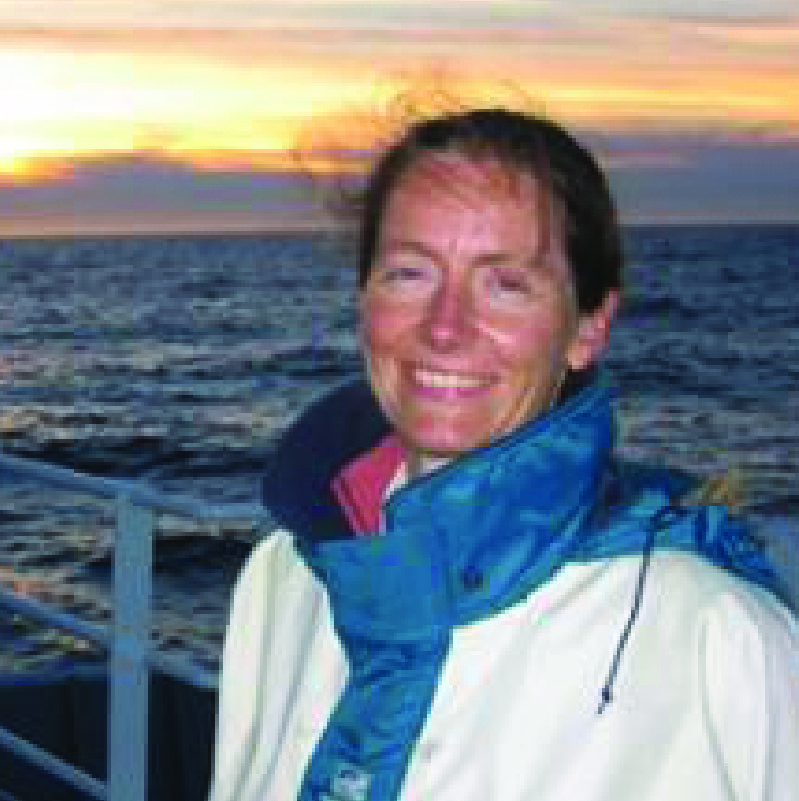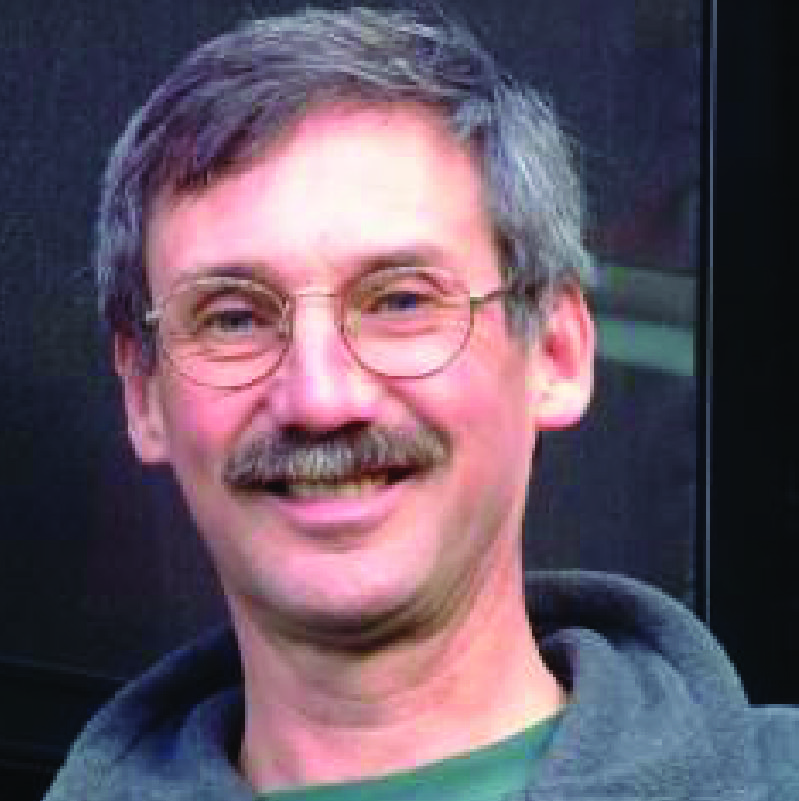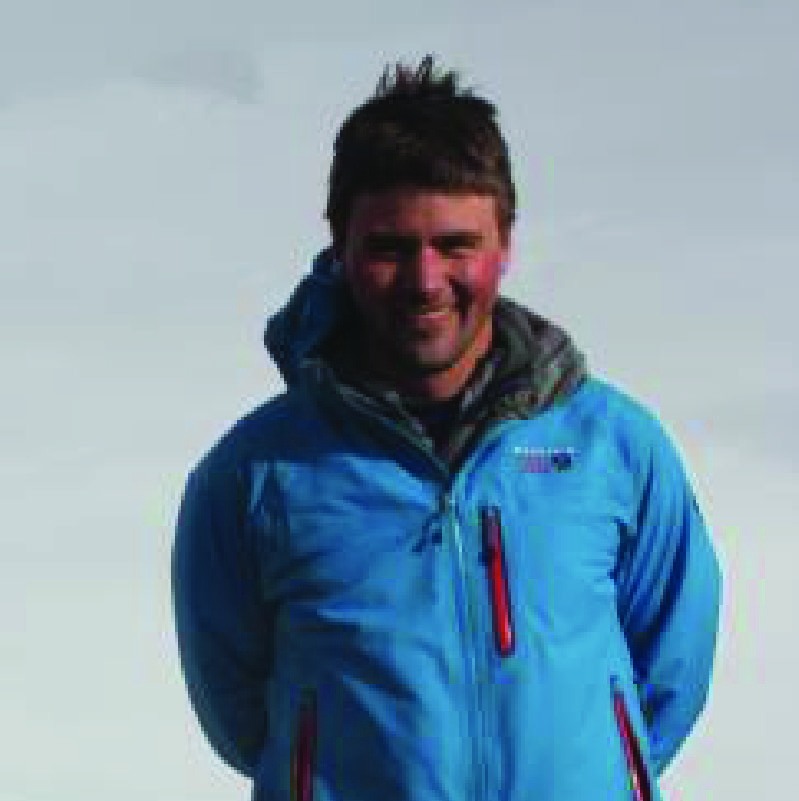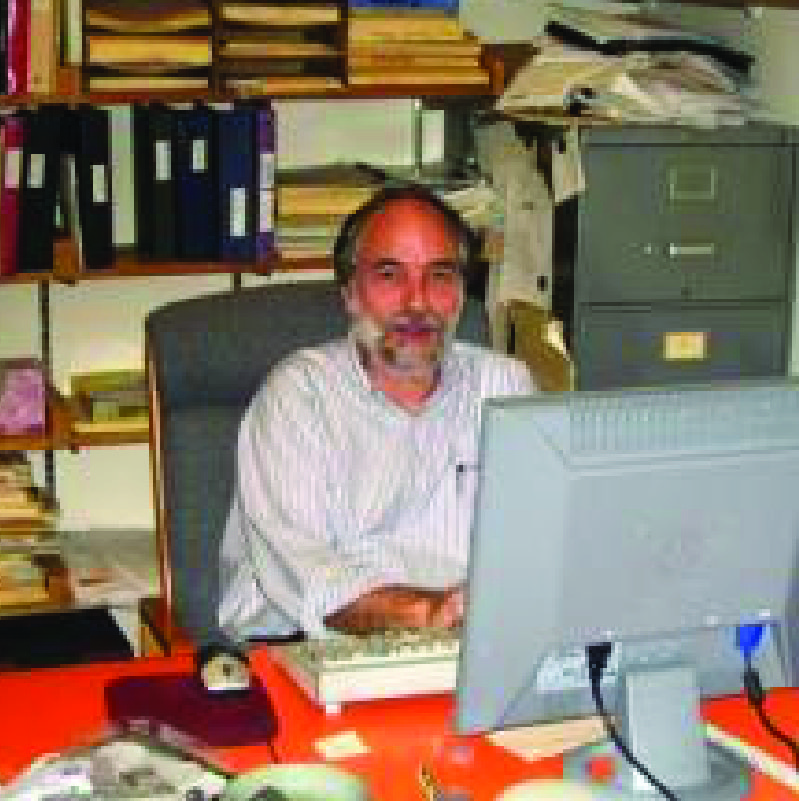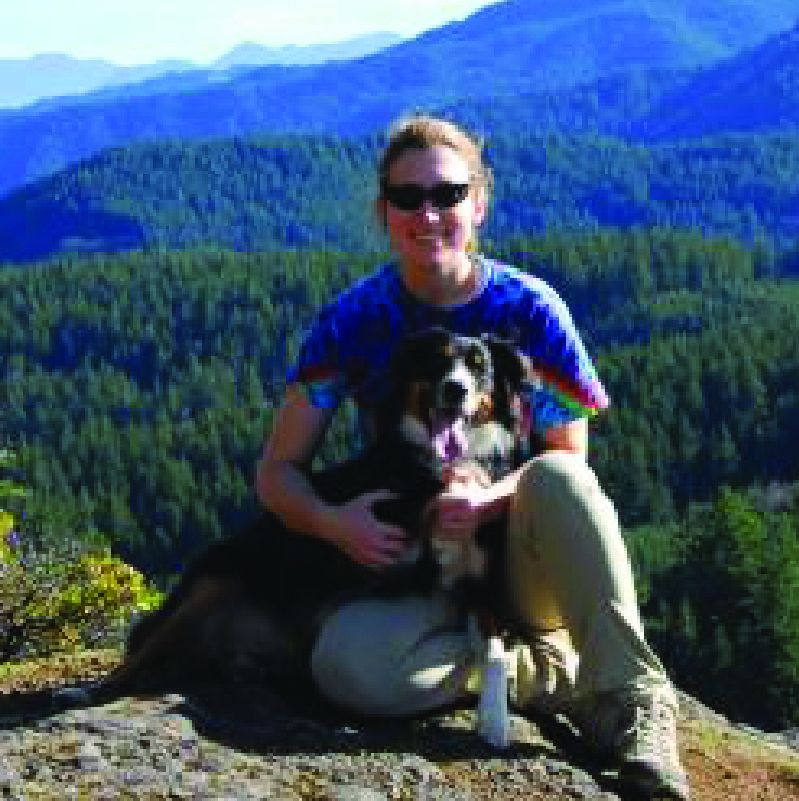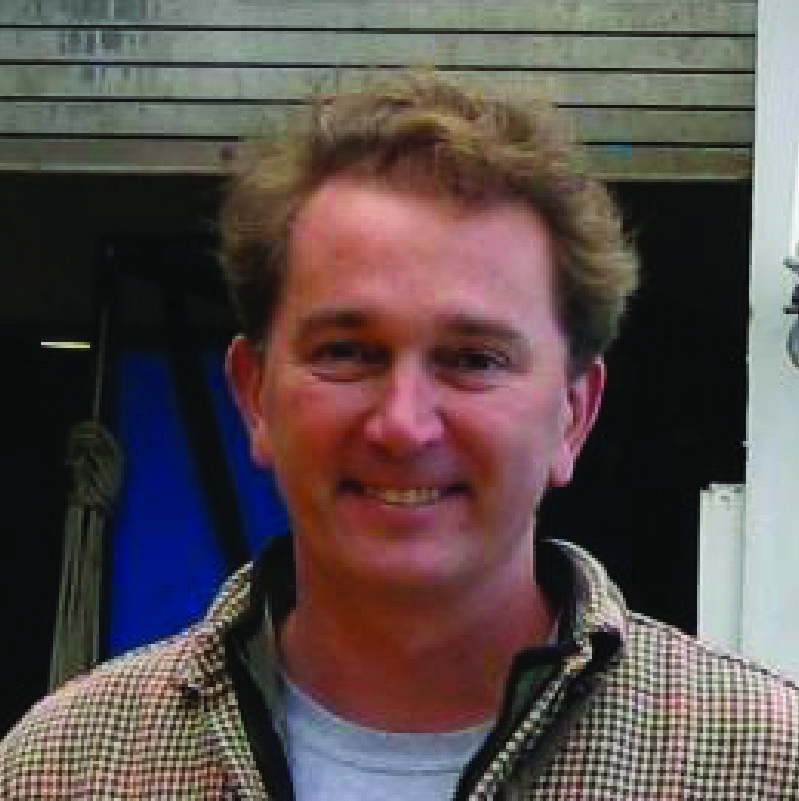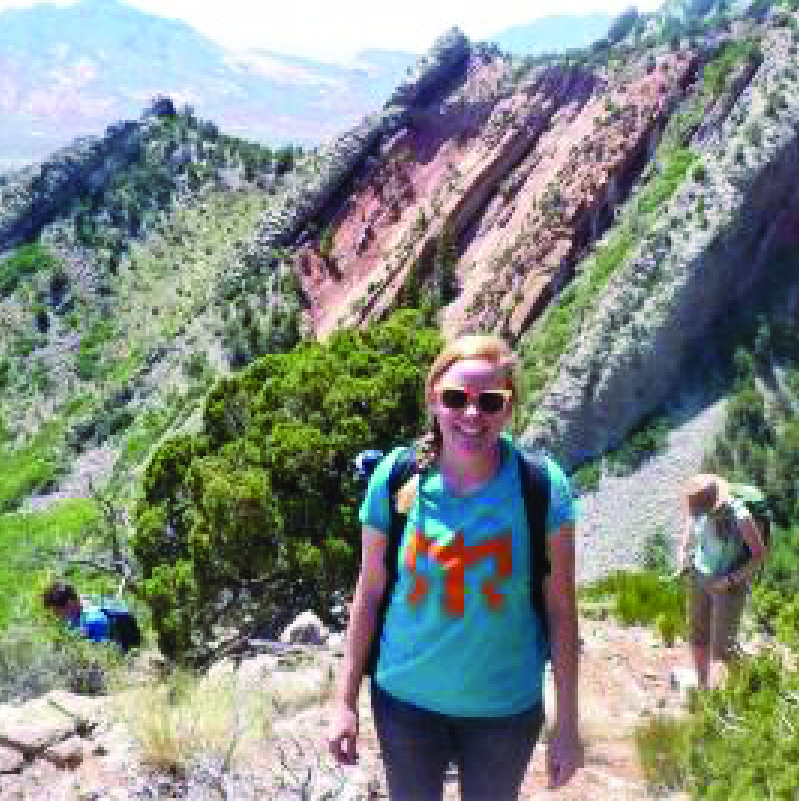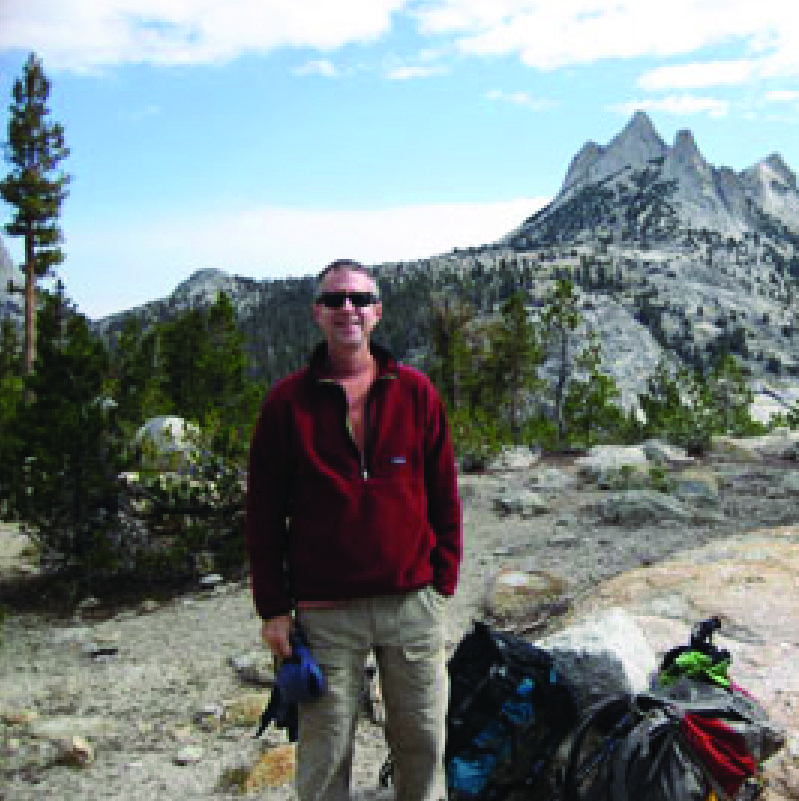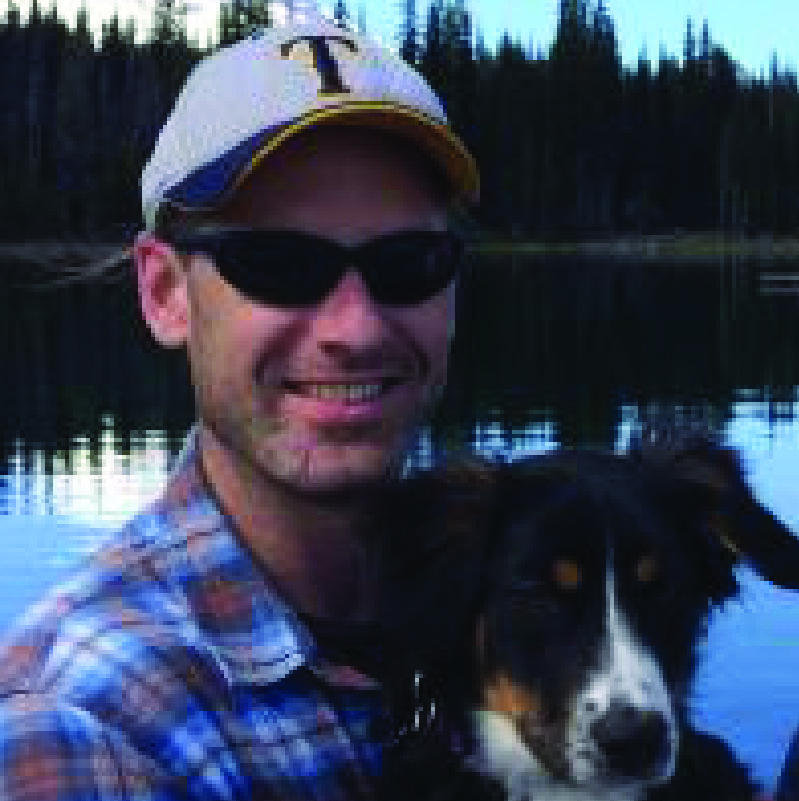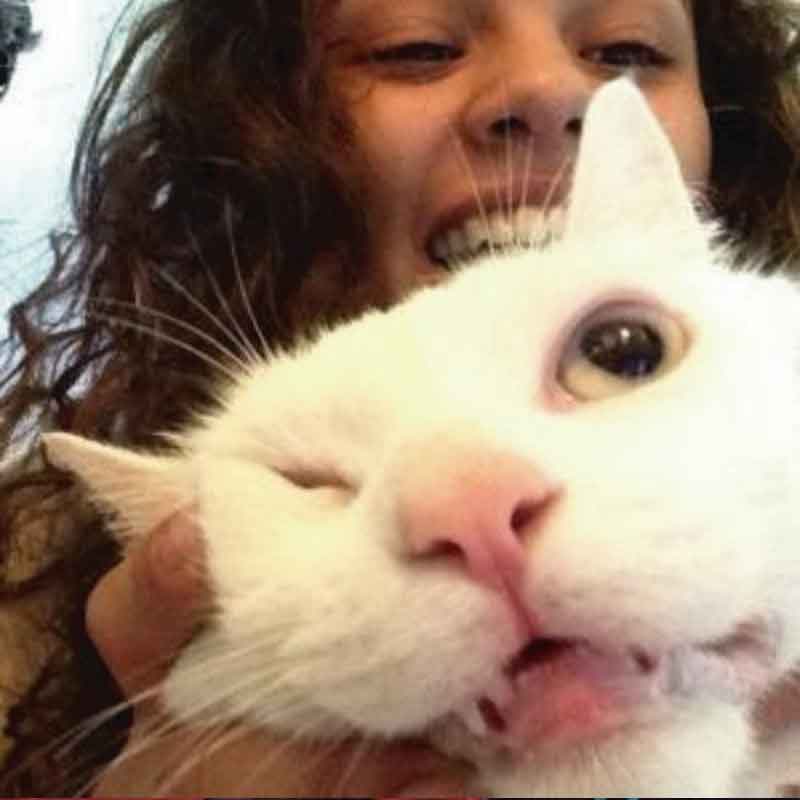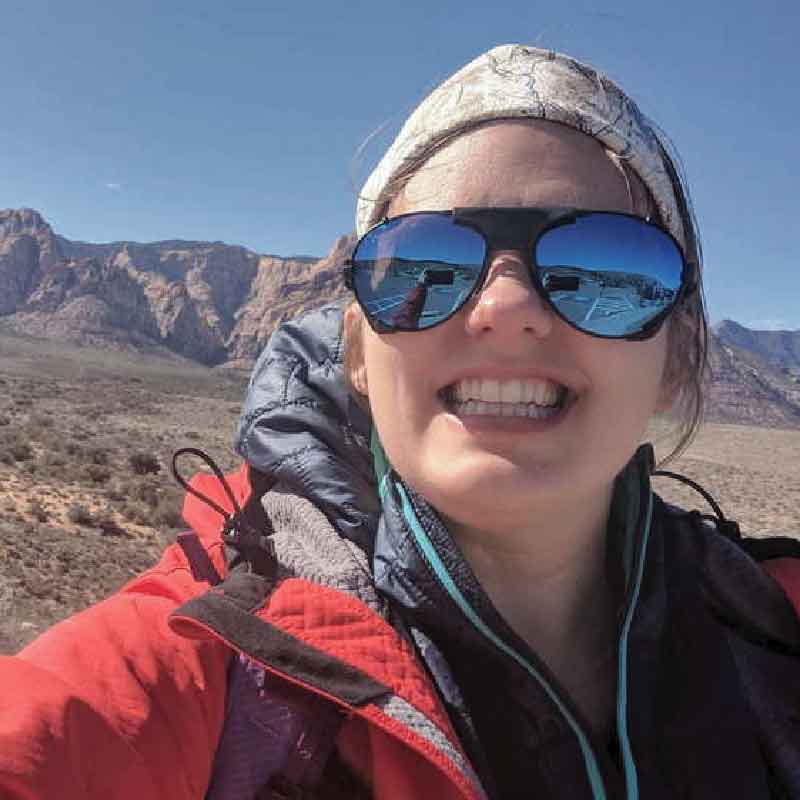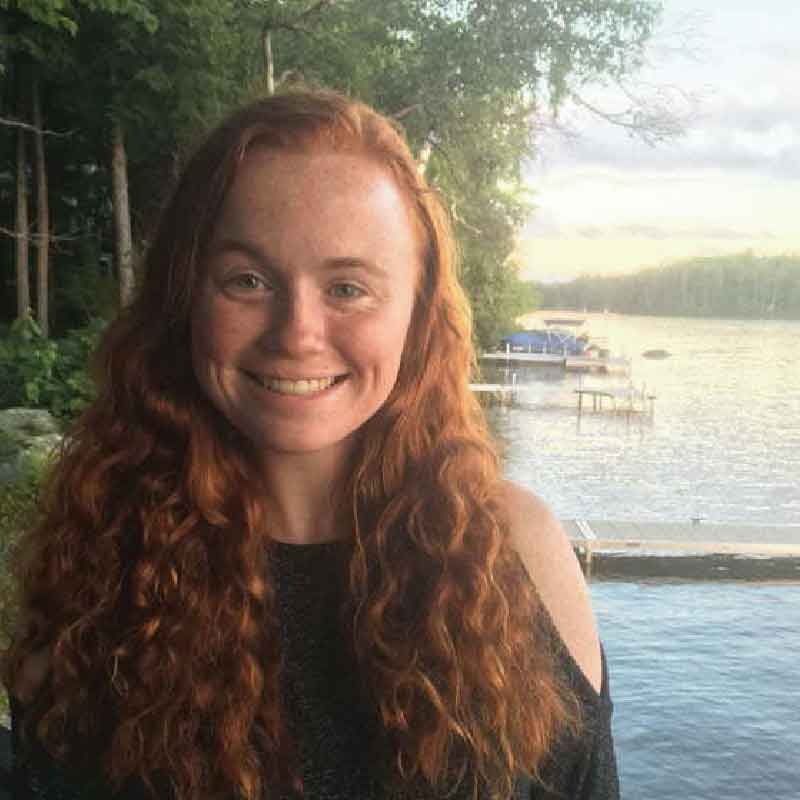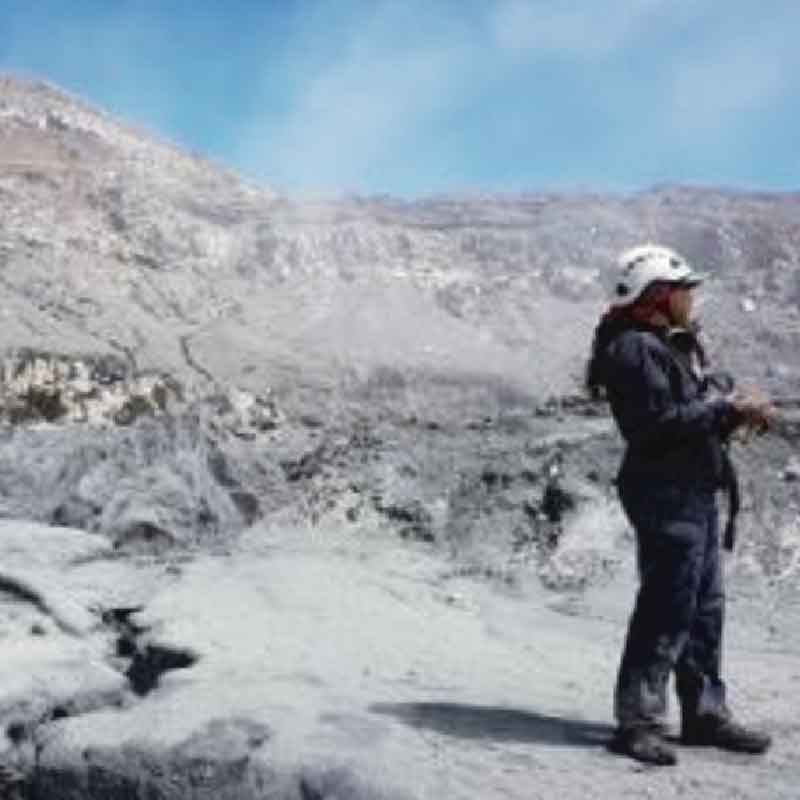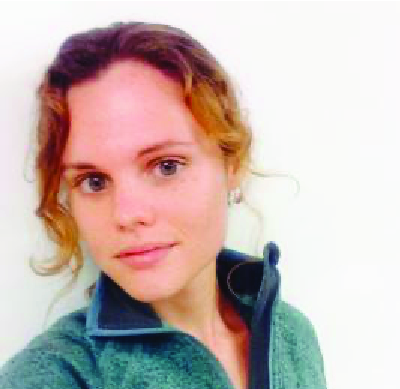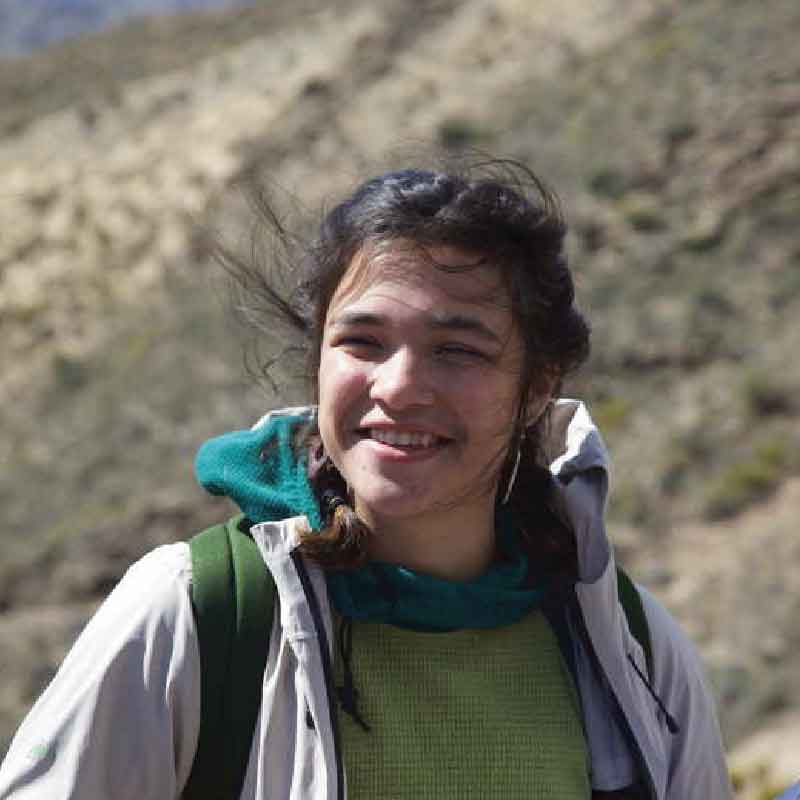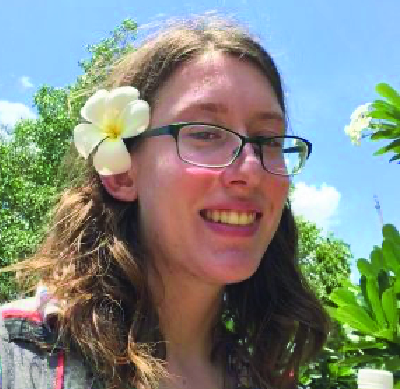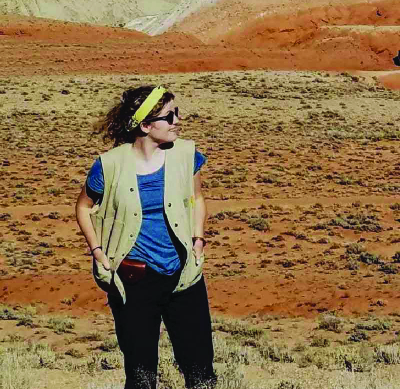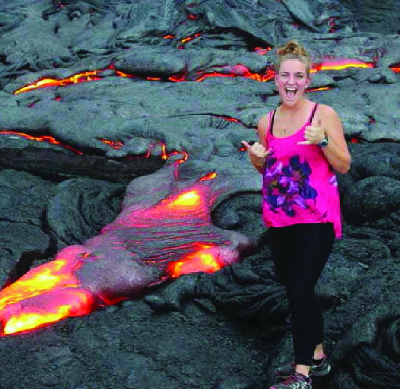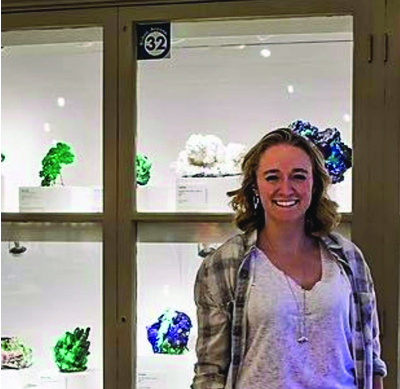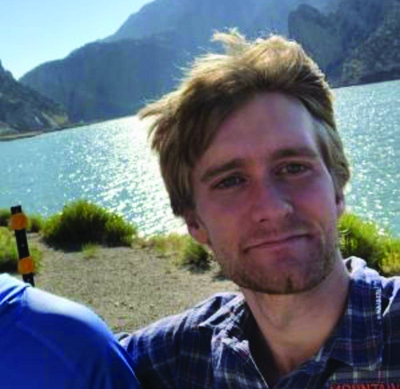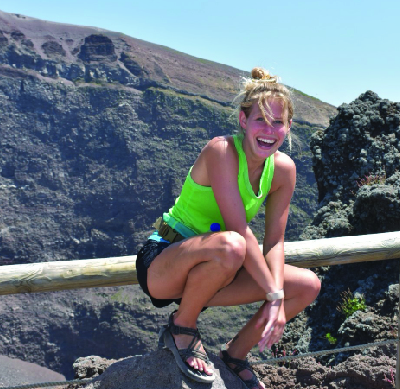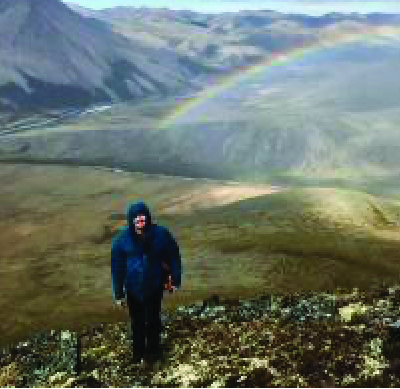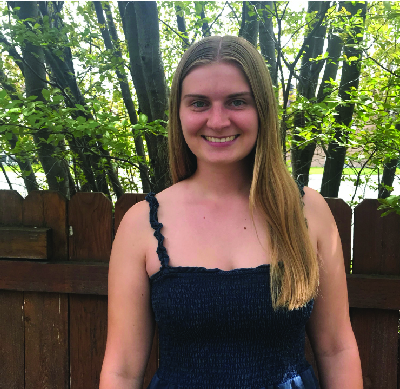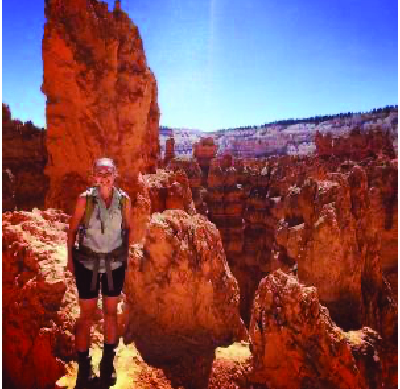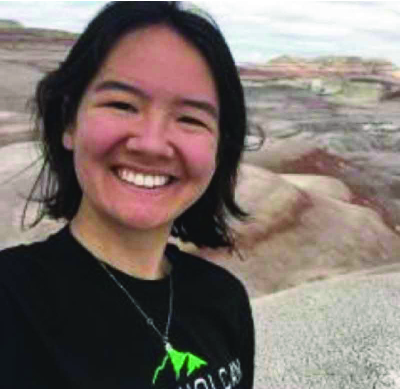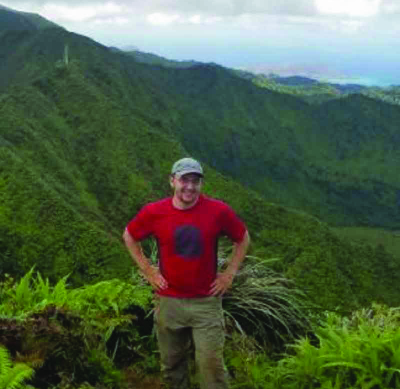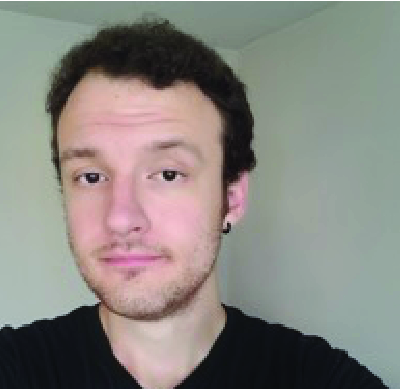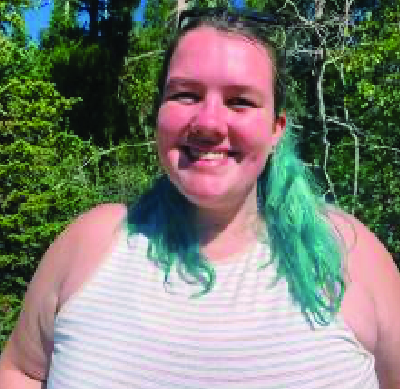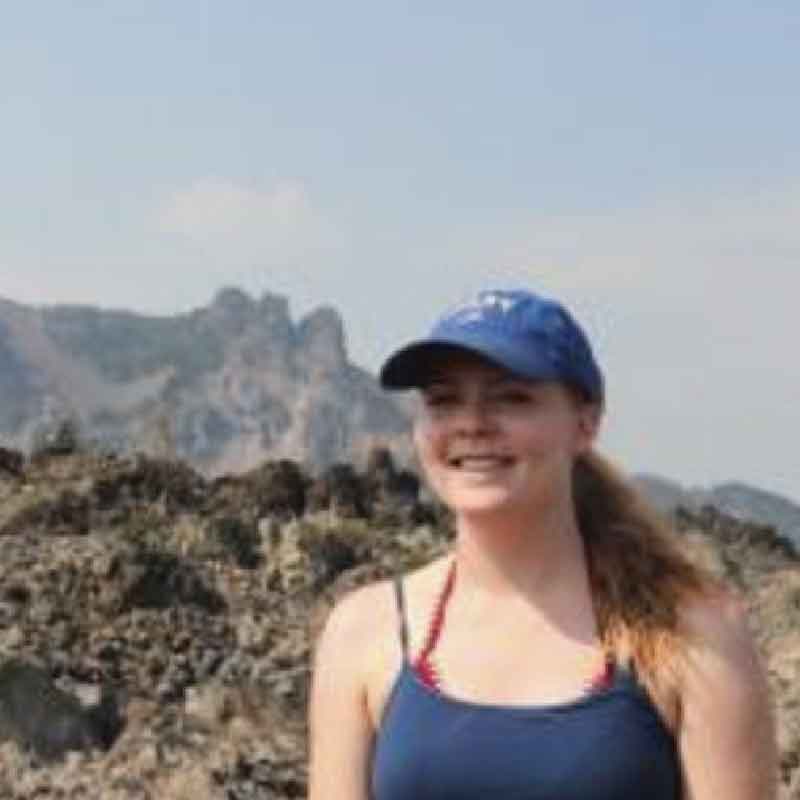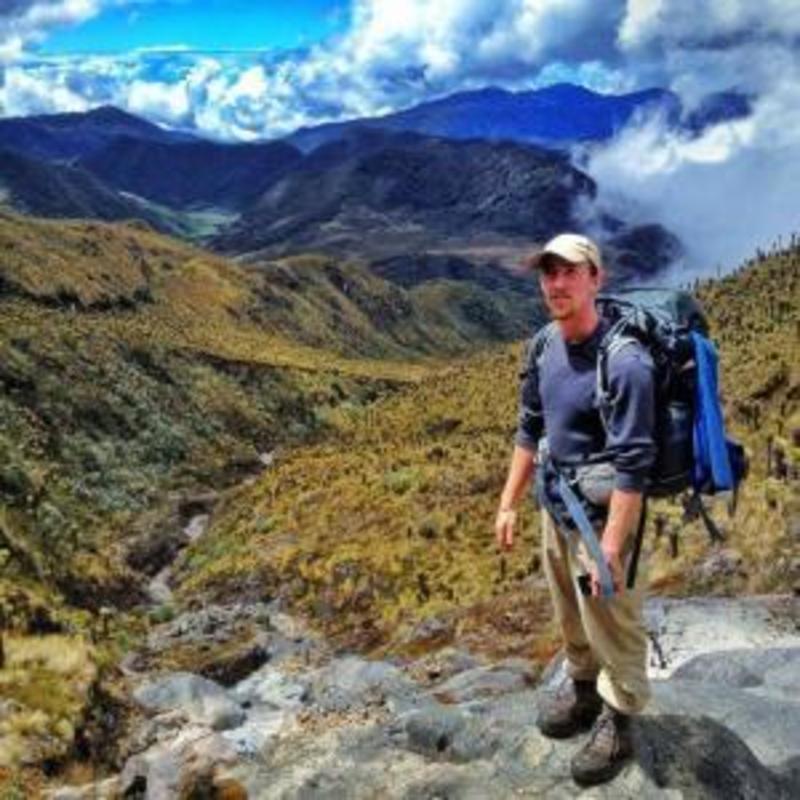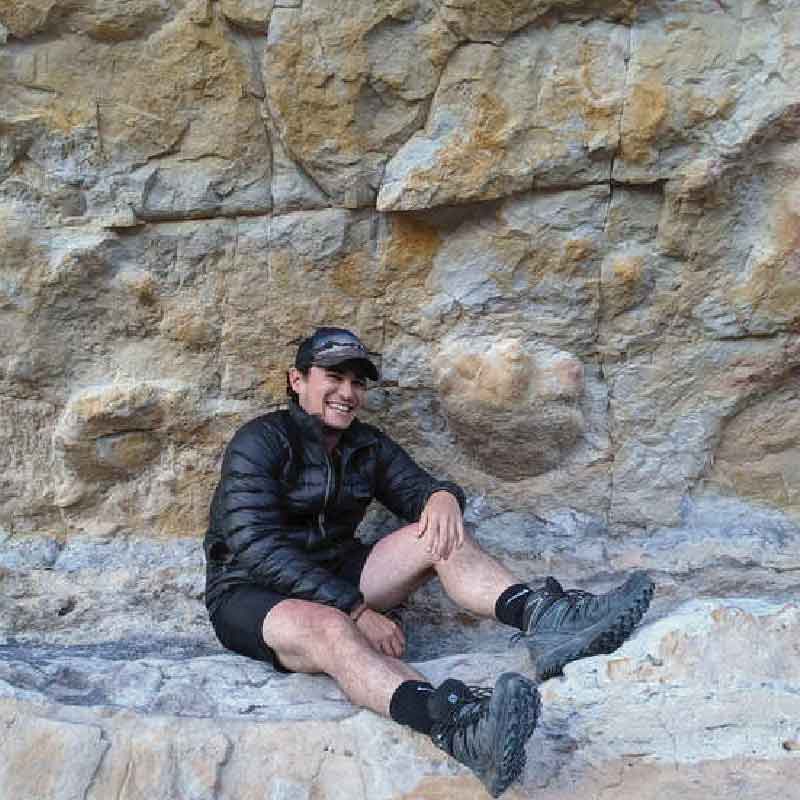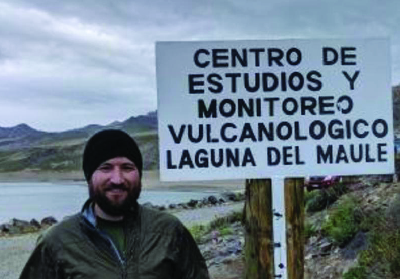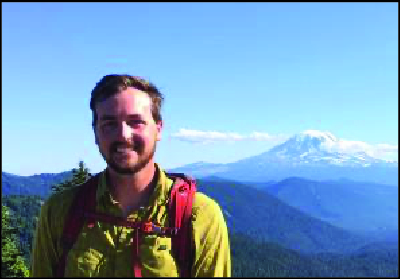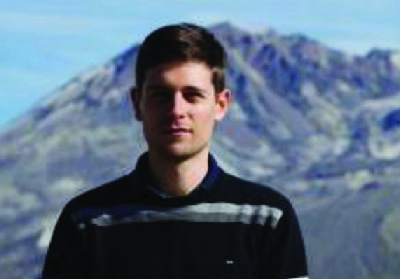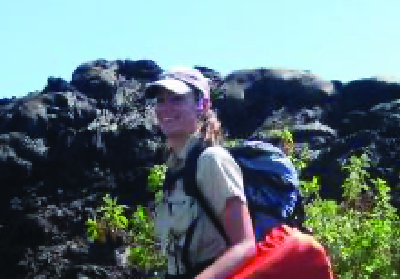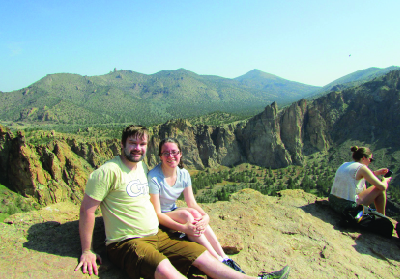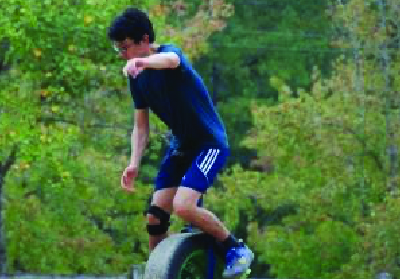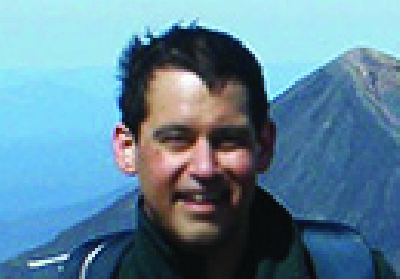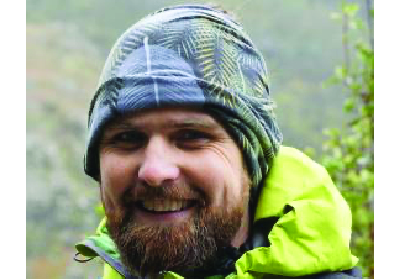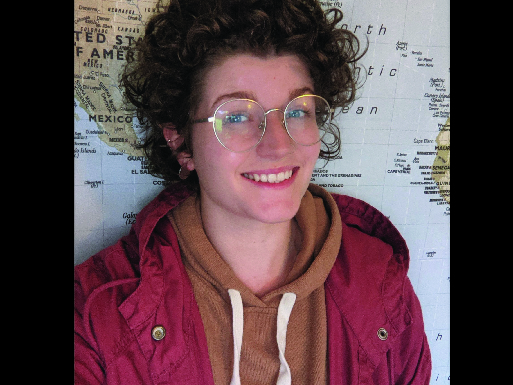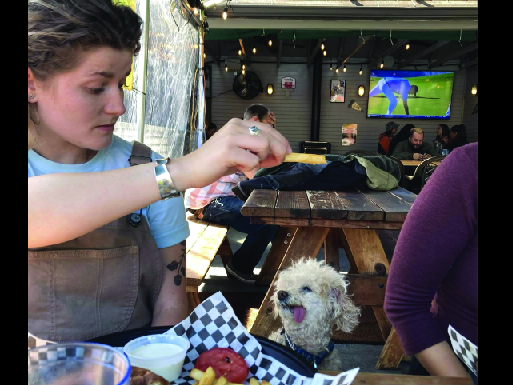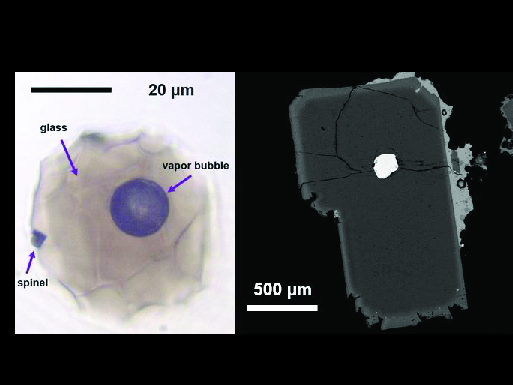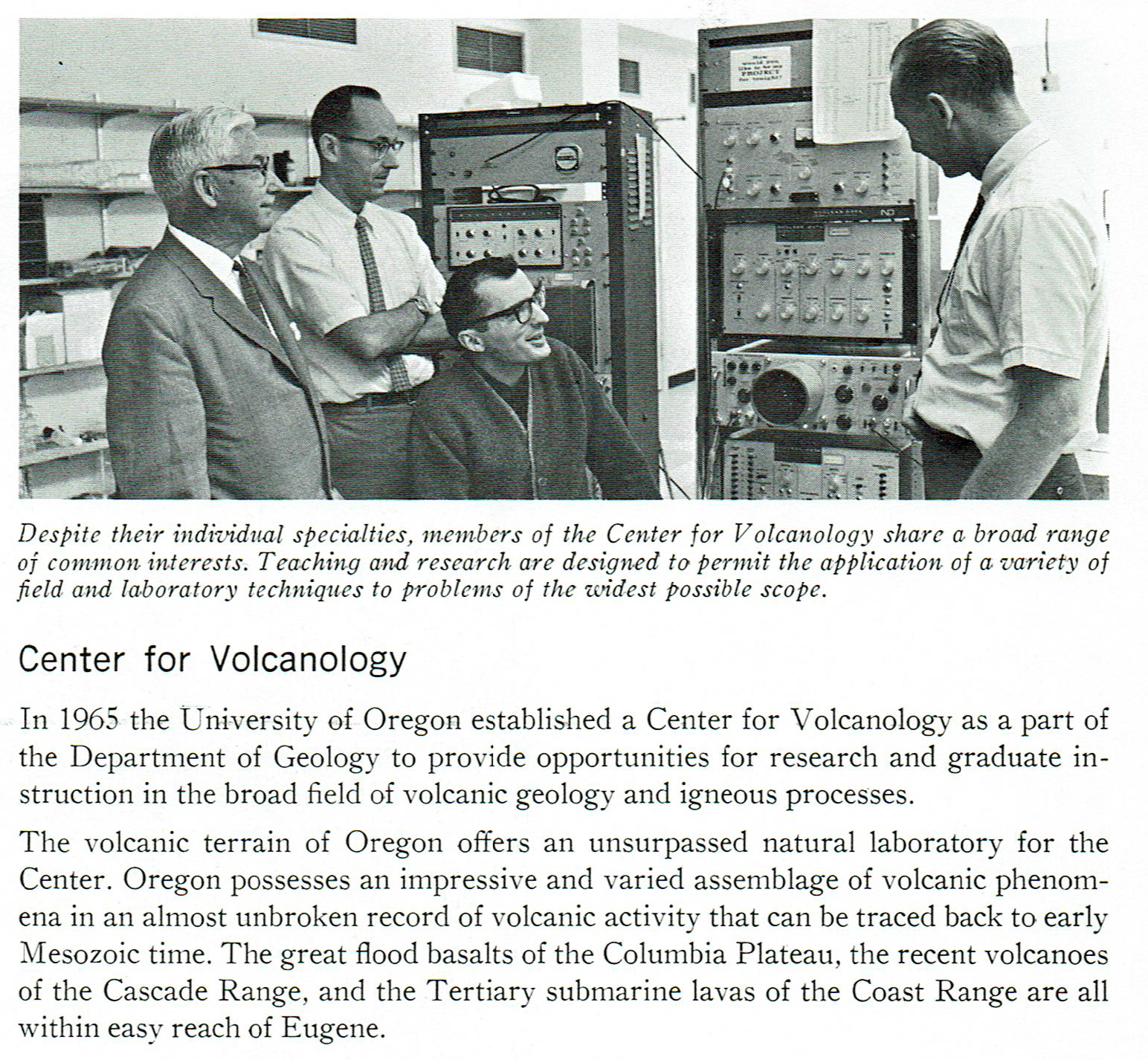ALUMNI PROFILE
Diana Roman, PhD. 2004
Dr. Roman is currently a staff scientist at the Carnegie Institute of Washingion specializing in volcano seismology.
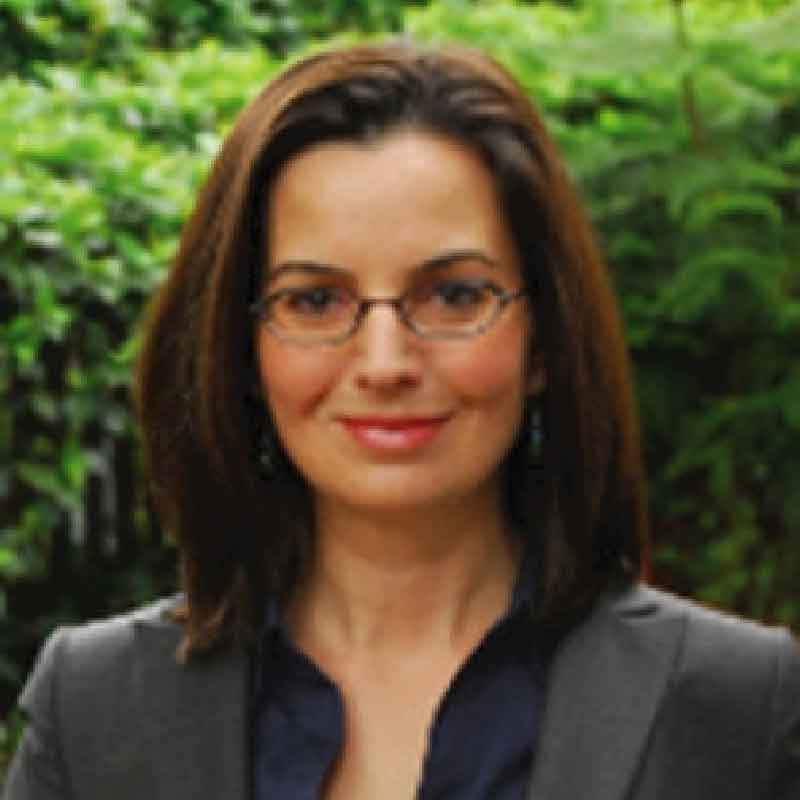
How did you get started in the field the volcanology?
My first degree in applied economics is from Cornell and after undergrad, I worked in investment banking. This was during the “.com” era in the late 90’s. I worked in San Francisco and I started a company with a couple of other Cornell computer scientists. So I have a very unusual background. Volcanology showed up in my final year of college. I had a friend from another school who was a geology major and she thought I would like it - and I became completely hooked. Ultimately I decided to go grad school. I was really excited when I admitted into the University of Oregon.
What was your graduate research?
I did both my masters and my PhD at the University of Oregon. I ended up doing a masters first where I was looking at the petrology of the 1986 eruption of Augustine in Alaska. One of the questions we were trying to address is why it produces a whole range of compositions from basaltic andesite to dacite. I did a lot of work examining storage conditions using thermobarometry and melt inclusion work. My PhD work, which is still very much something I do today, was looking at stress field changes, how these changes produce magma movement, and how that is encoded in the source mechanisms of high frequency earthquakes. We looked at how those changes were something we could detect and use as a monitoring tool - and how this seismicity differs between dry magmas and wet magmas. The crowning surprise of my PhD was that we found a compositional difference in how the seismicity is produced, which I think is one of the first links between volcanic seismicity and the physical properties of magma.
What is been your favorite experience you've had during the research?
You're going to make me pick one? [laughs] Watching my advisees have successes, honestly. The hardest and most rewarding part is advising. Watching my current students either master new techniques, finding a new result, publishing a paper, or getting a job interview. It is really fun to watch people I've helped train to have wins. And the field stuff is very cool too! There was a day a couple years ago, when I was on a boat in the harbor in the Aleutians, and everybody had left in the helicopter so I had the boat to myself. It was just glassy sea everywhere and there was this little otter just splashing around and the sun was shining. I thought, “I can't get believe I get paid to do this”.
What do you think is the best part about being a volcanologist?
The type of volcanology I do is fundamental research but towards an end. I really like it when I can do something that translates into a new tool or new understanding that people who are tasked with monitoring can use. Some of the things I do can be very academic and interesting and more removed from that. The thing I like about volcanology is that you have the opportunity to contribute to solving a real problem from a very free and wide-open space. There are now a few observatories that are adopting tools for analyses that I have developed and are incorporated in their formal monitoring protocols - and that’s cool.
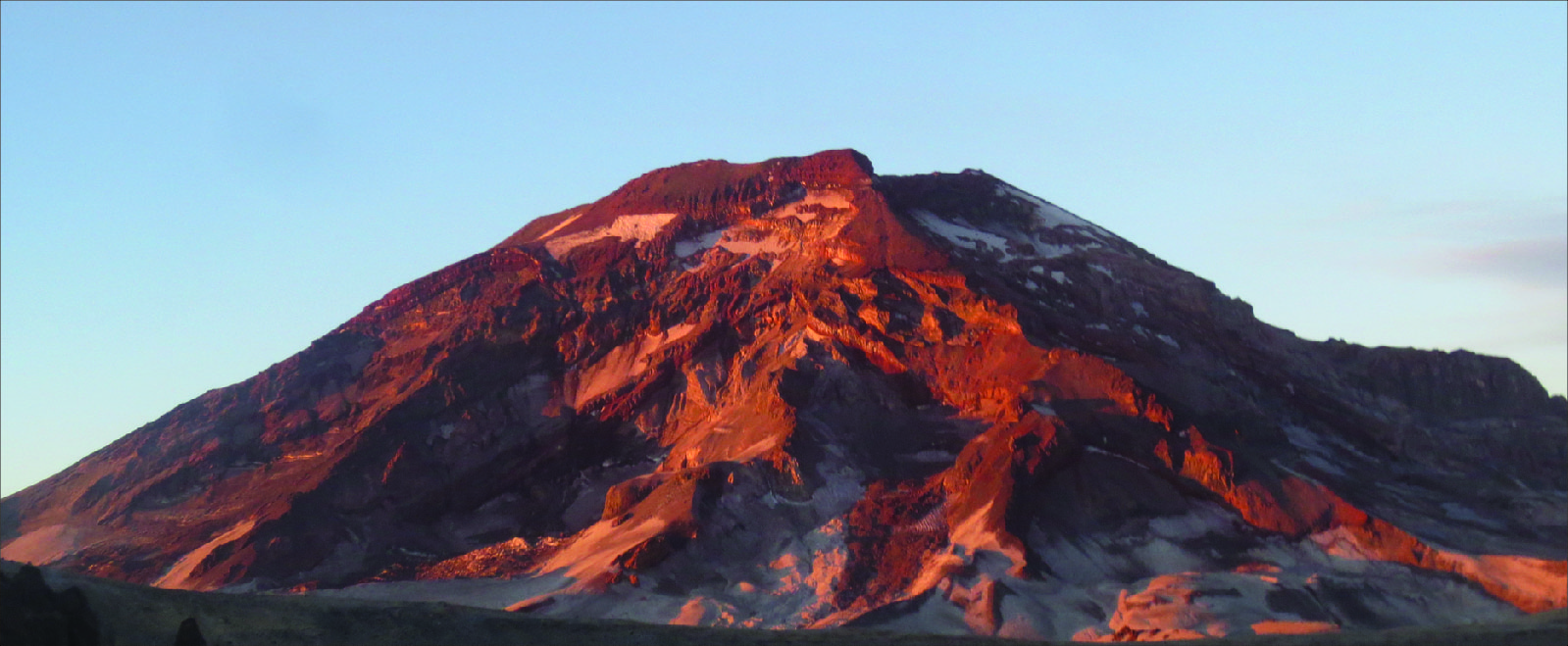 Follow @UOVolcanology
Follow @UOVolcanology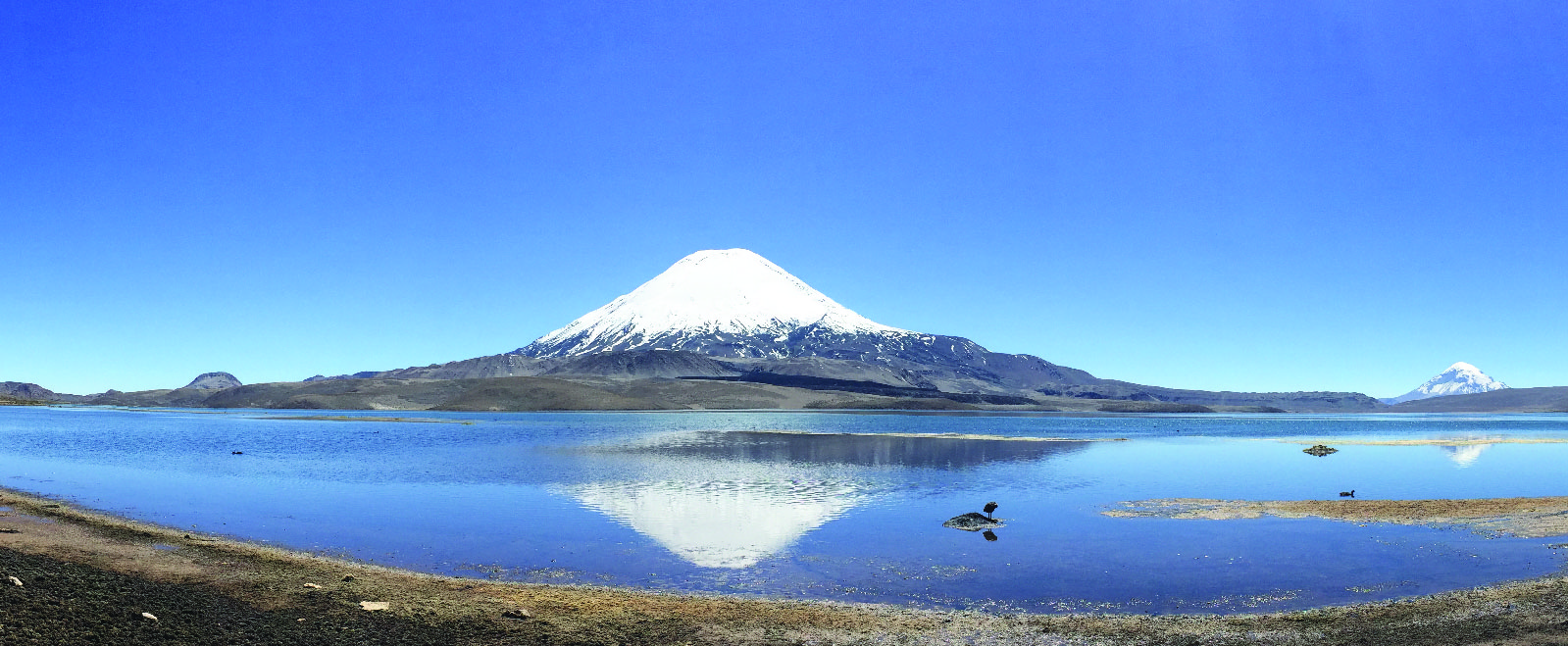 Follow @UOVolcanology
Follow @UOVolcanology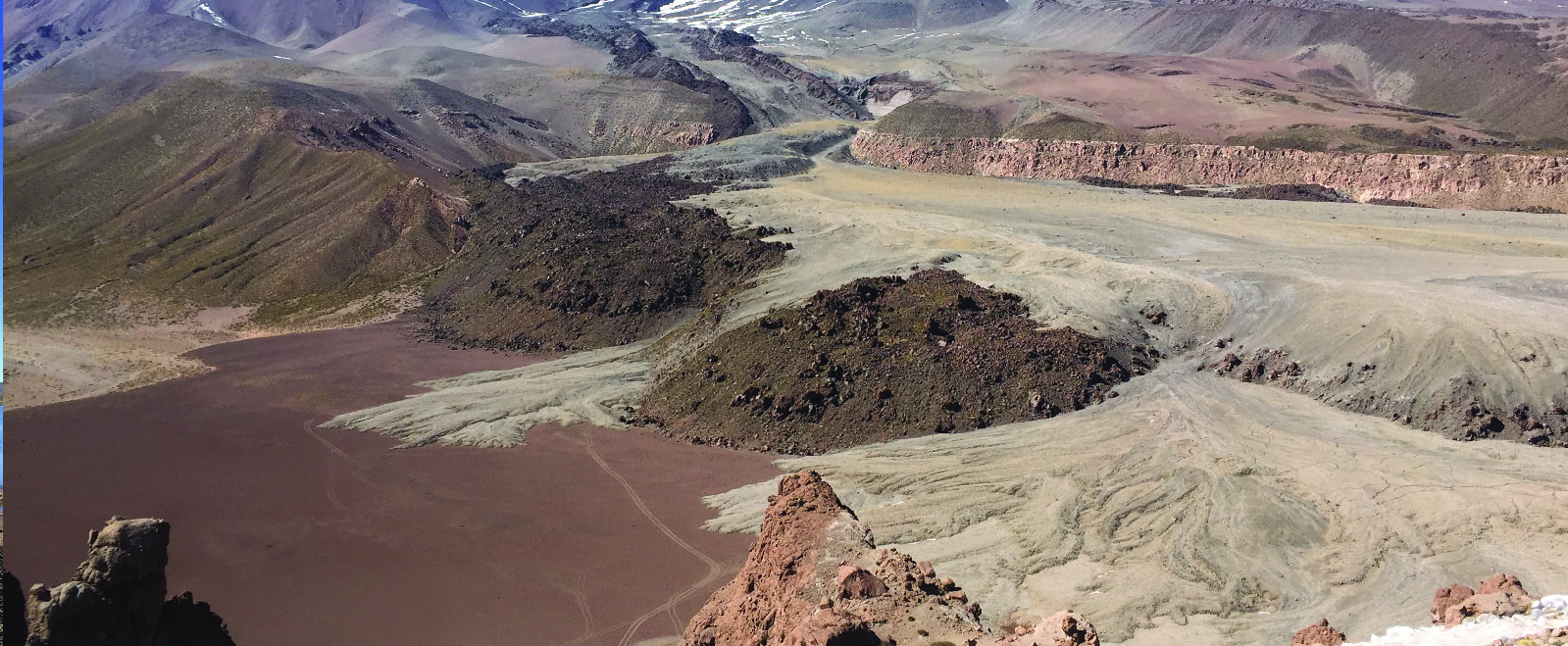 Follow @UOVolcanology
Follow @UOVolcanology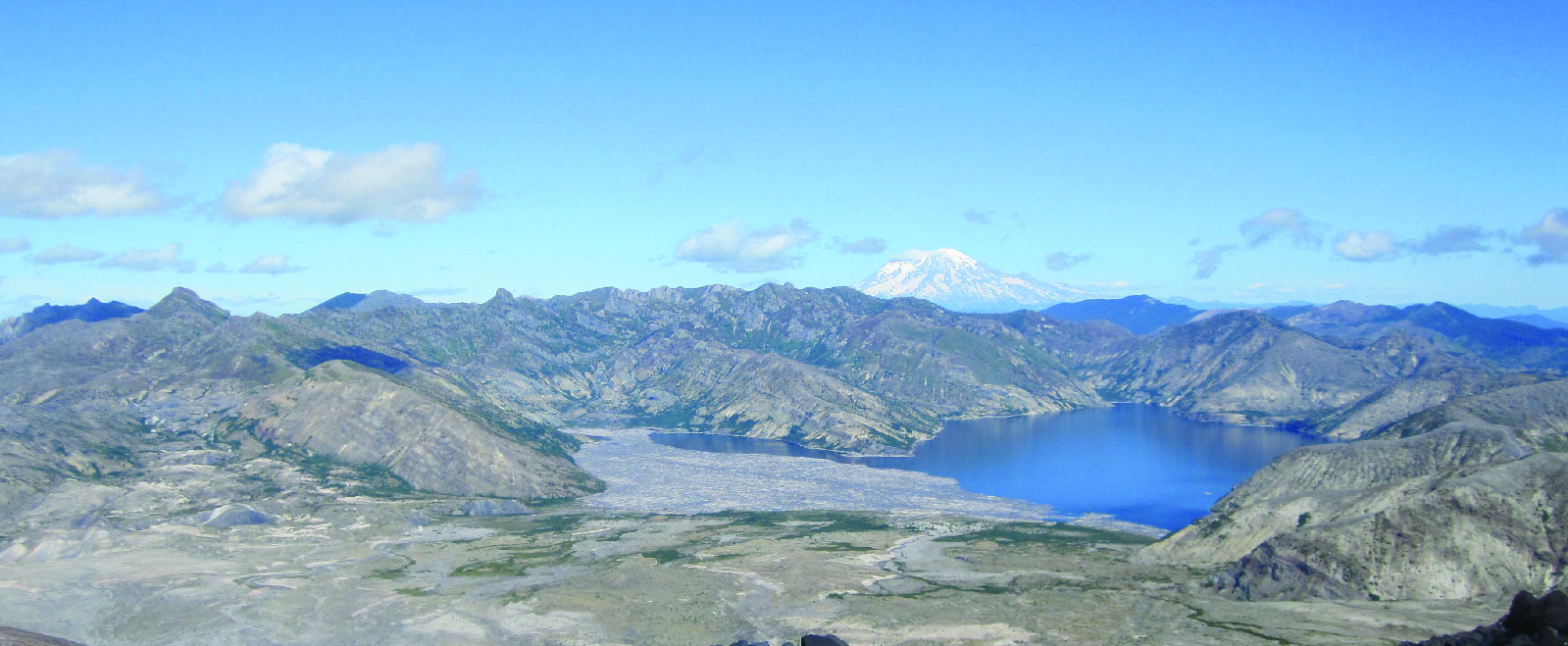 Follow @UOVolcanology
Follow @UOVolcanology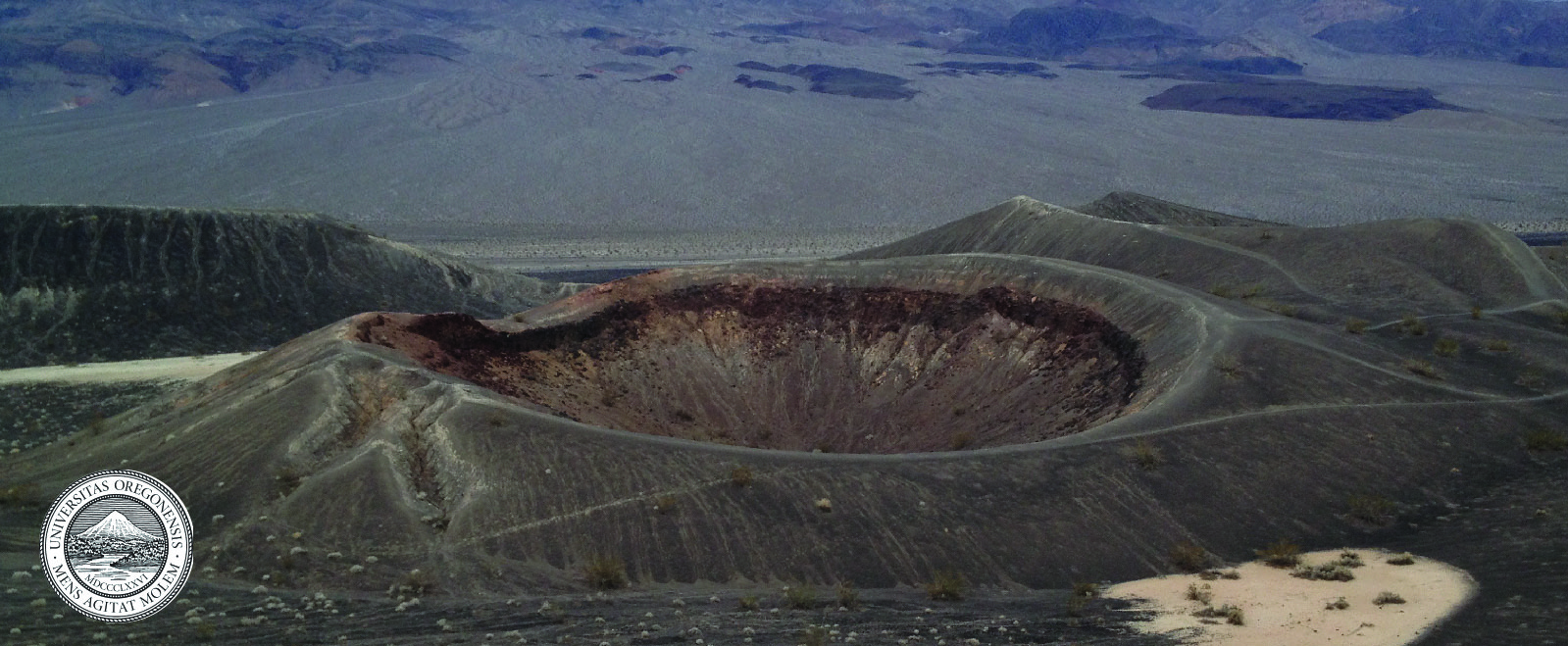 Follow @UOVolcanology
Follow @UOVolcanology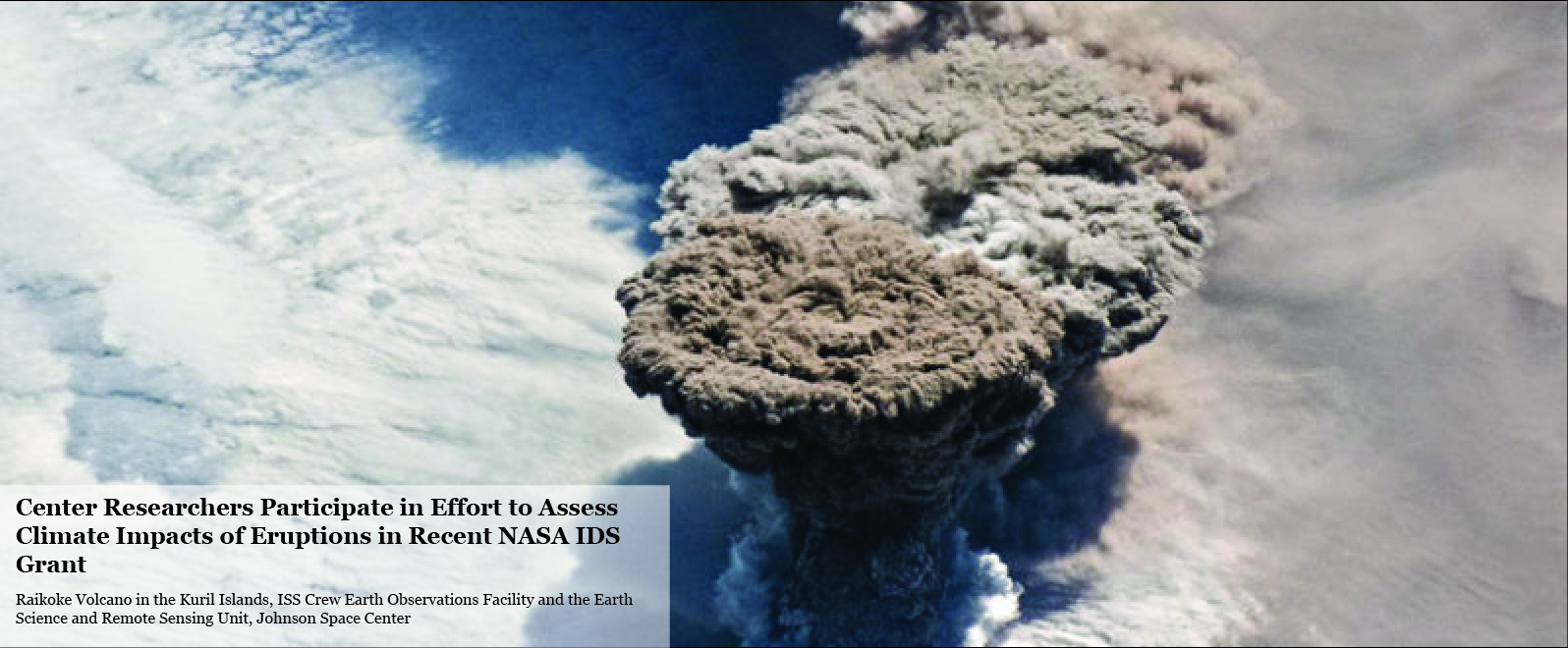 Follow @UOVolcanology
Follow @UOVolcanology